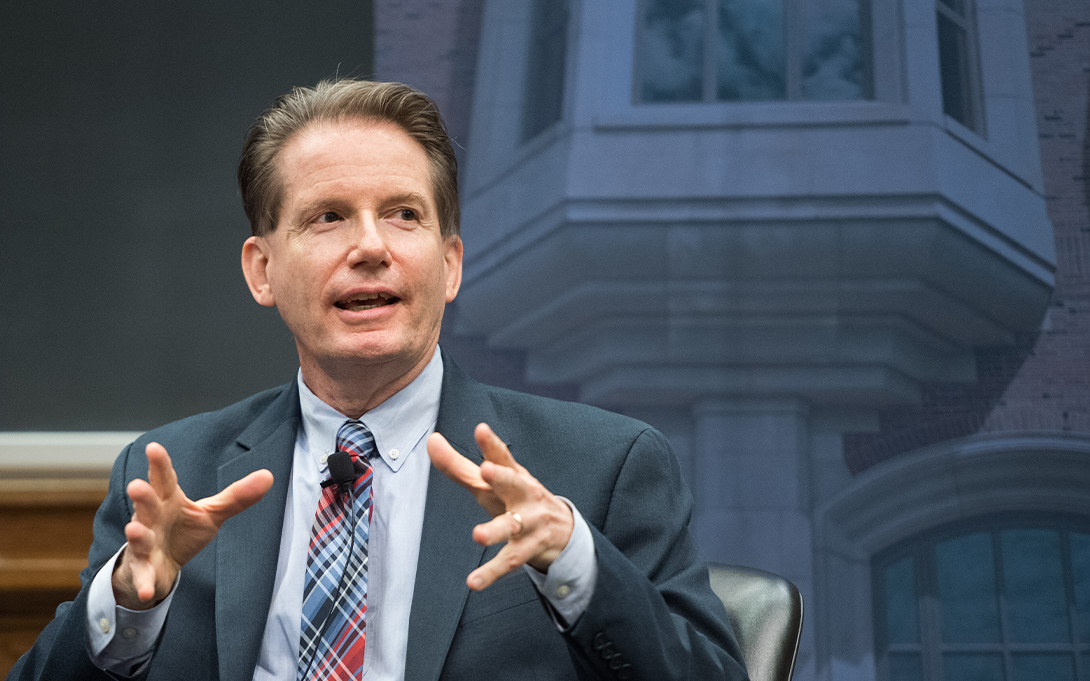
The interplay between domestic and international climate politics "is a multilevel game," stated Barry Rabe, the J. Ira and Nicki Harris Family Professor of Public Policy at the Ford School. At a panel discussion for the Niskanen Center, Rabe outlined the latest developments of carbon border adjustments globally and what that means for the future outlook of U.S. climate policies.
Carbon border adjustments aim to address differences in the domestic climate policies between trading partners. These adjustments consist of applying fees on imported goods based on their emissions content. Regarding the implementation of these policies, Rabe elaborated on the importance of the multilevel game. "You’ve got to work with domestic politics and make them stick over time," said Rabe. "You need your institutions to be supportive. You have to form your club and form those alliances and have a tight agreement between members of the club. Then you’ve got to play the international game and go global.”
Rabe then outlined the promising outlook for these carbon systems in the U.S. “You can kind of get a sense that state legislators are beginning to size up what it would mean for their economies to go to any form of a carbon border adjustment system, whether or not there was a federal version in the U.S.,” explained Rabe.
Watch the full discussion; “Looking ahead: what are the future developments in carbon border adjustments?”
